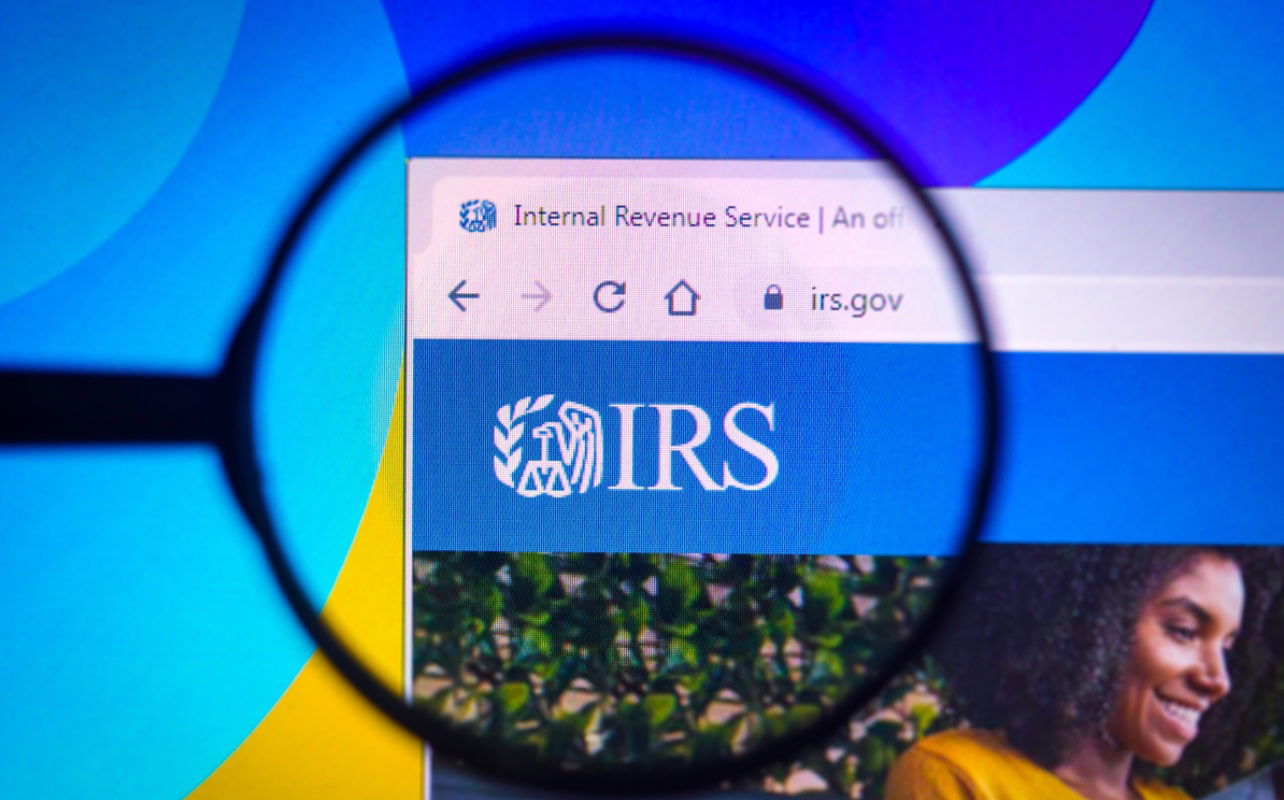
May 7, 2024
IRS Addresses Audit Rate Disparity Gap Between Black Taxpayers And Others Filers
On May 2, the Internal Revenue Service (IRS) announced the steps it will take to address a wide disparity in audit rates between Black taxpayers and other filers.
On May 2, the IRS announced the steps it will take to address a wide disparity in audit rates between Black taxpayers and other filers.
University researchers and the Treasury Department conducted a study that found IRS data-driven algorithms selected Black taxpayers for auditing at 4.7 times the rate of non-Black taxpayers. Other results revealed the agency disproportionately audited people with Earned Income Tax Credit claims — aimed at low- to moderate-income workers and families — with 21% accounted for by Black taxpayers.
They were also the focus of 43% of the audits regarding the credit.
IRS Commissioner Daniel Werfel, who has served in the position since 2023, testified on the issue before Congress in September 2023 and wrote to the Senate Finance Committee that the IRS would make changes.
“We have taken swift initial action to dramatically reduce the number of those audits. We have also made changes to the selection criteria for those audits,” he said, adding that discriminatory audits “degrade trust in our tax system.”
The agency is also keeping an eye on the returns of larger numbers of wealthy people and major companies. According to Fox 21 News, thanks to additional funding from the Inflation Reduction Act, the IRS can keep up with the methods “non-compliant taxpayers use to shelter or manipulate their income to avoid taxes.”
For millionaires, the audit rate was over 70% between 2010 to 2019, and the rate on large corporations dropped by more than 50%. The agency estimates a $683 billion tax gap consisting of taxpayers underreporting income, underpaying what is owed, or simply not filing at all.
Under a collaborative effort between Werfel and President Joe Biden, the Inflation Reduction Act has assisted in improving taxpayer services and limited audits for people making less than $400,000 per year. “We are overhauling compliance efforts to advance our commitment to fair, equitable, and effective tax administration and hold ourselves accountable to taxpayers we serve,” according to an annual update from the IRS.
“There is no new wave of audits coming for middle- and low-income taxpayers; that is not in our plans in any way, shape, or form,” Werfel continued.
The new audit targets will be wealthy filers with incomes over $10 million, major corporations with assets exceeding $250 million, corporations and high-income taxpayers with access to business aircrafts, like private jets, used for personal use, and complex partnerships with assets above $10 million.